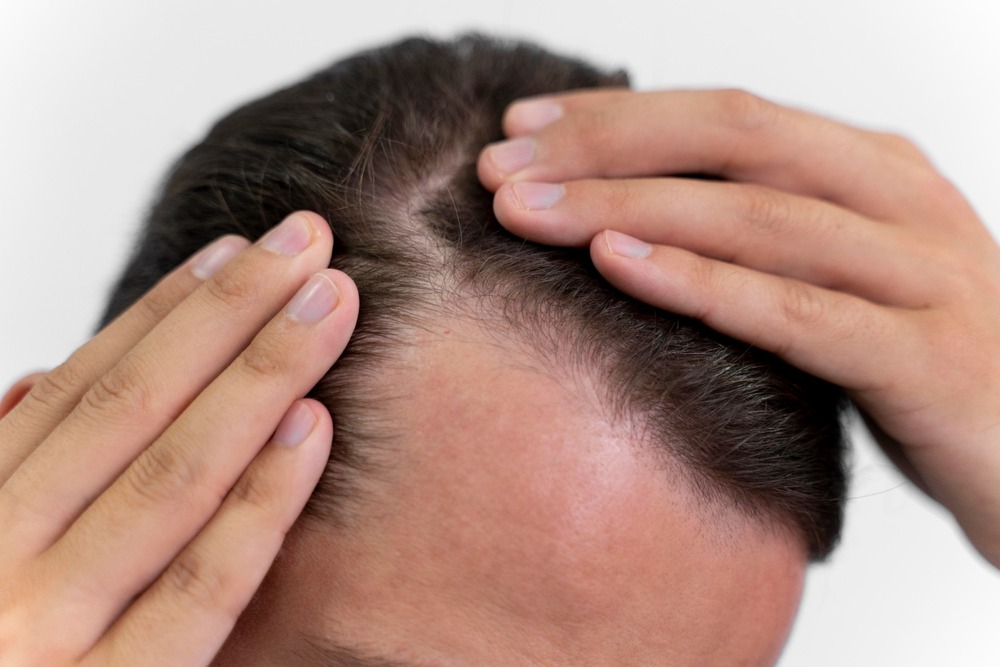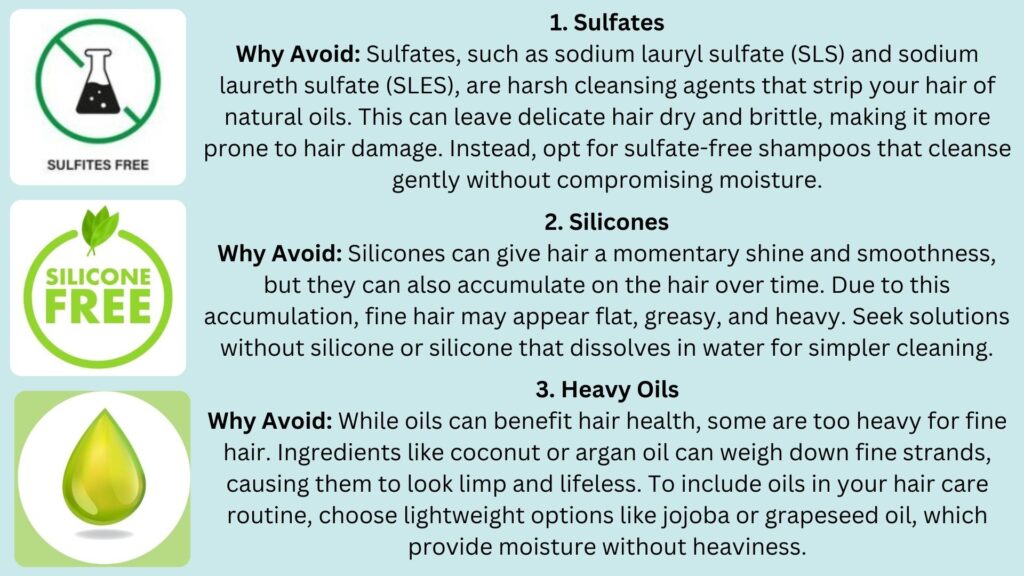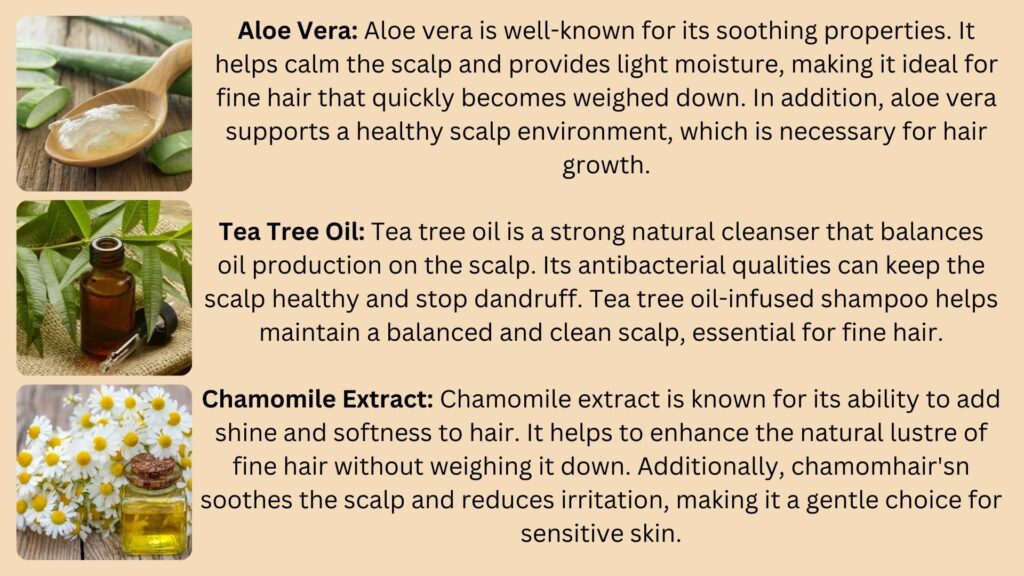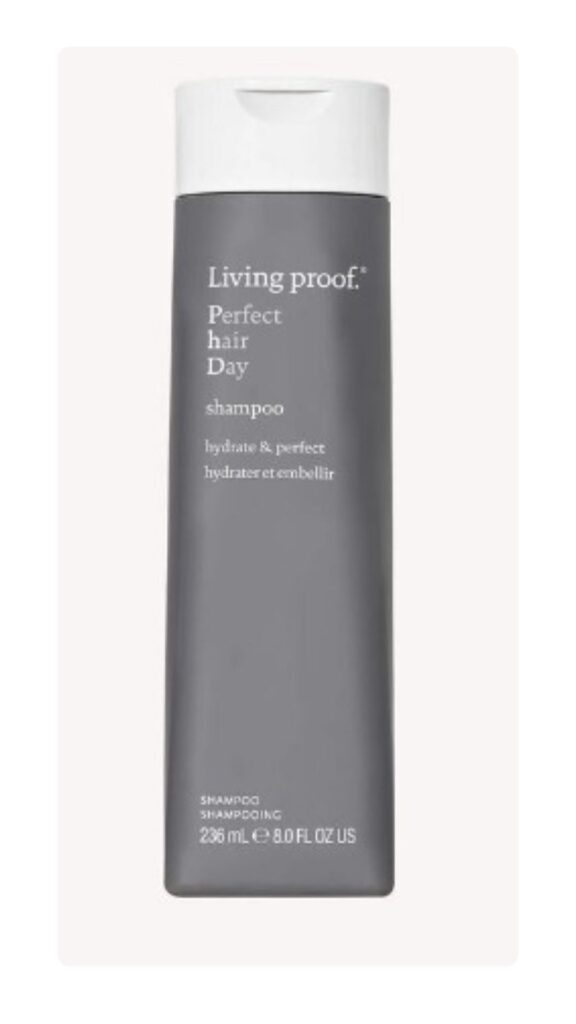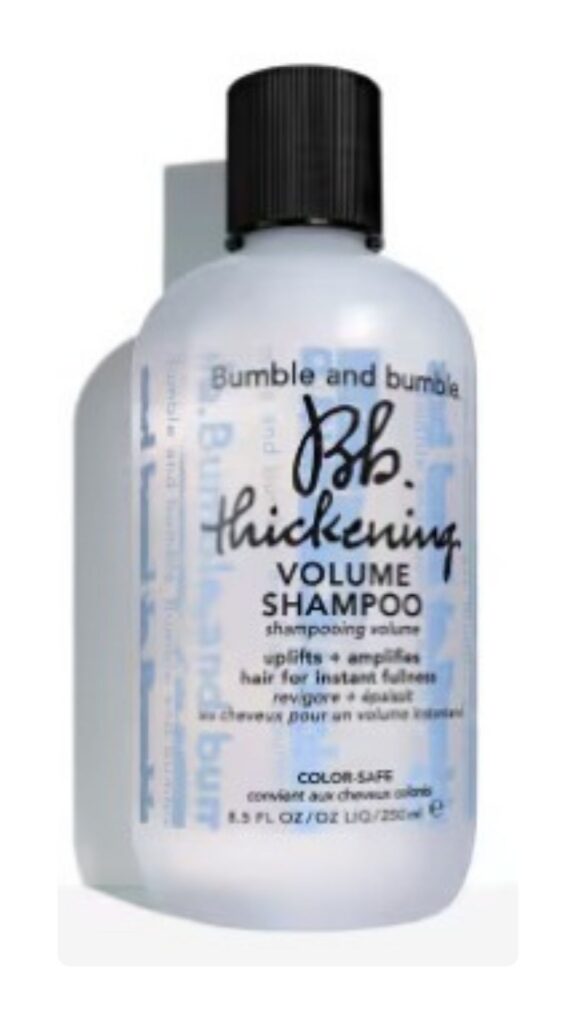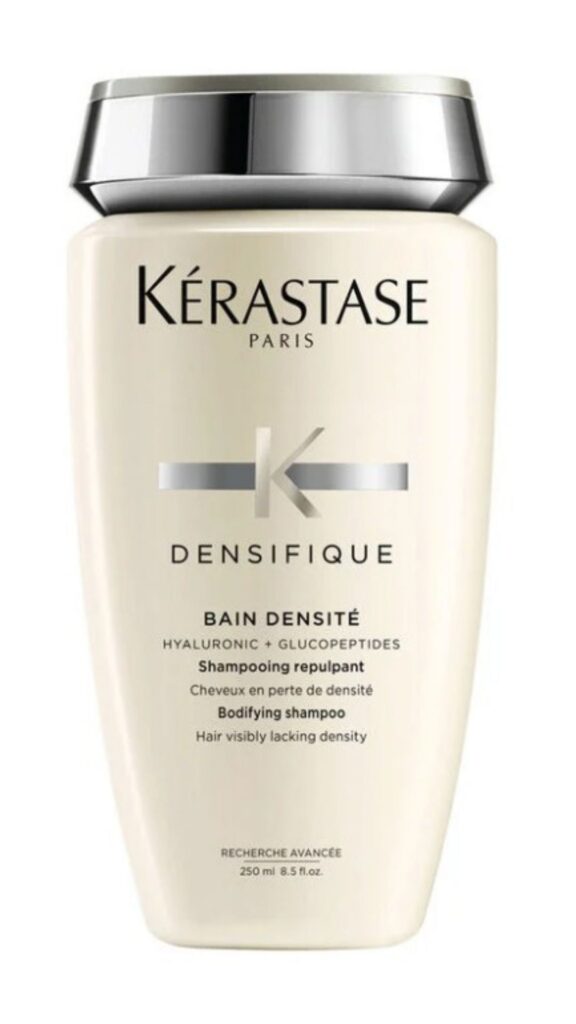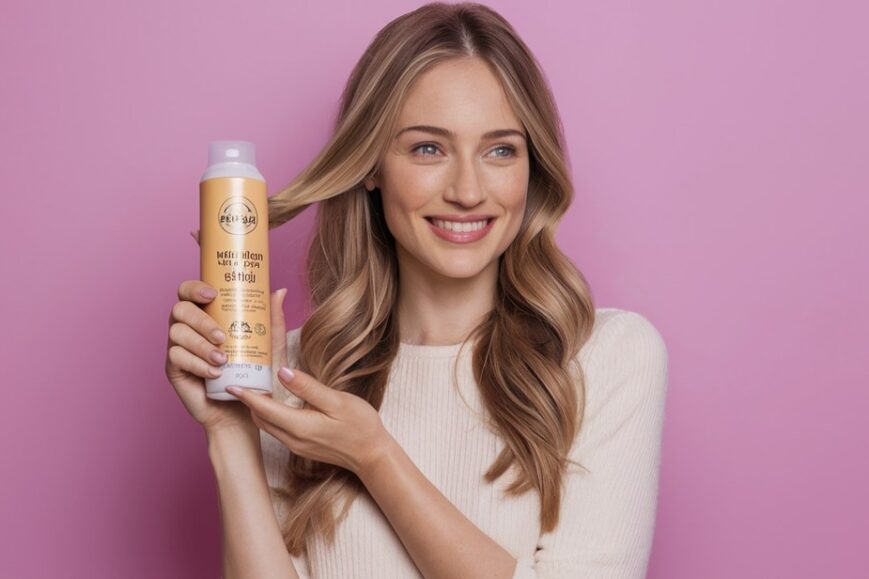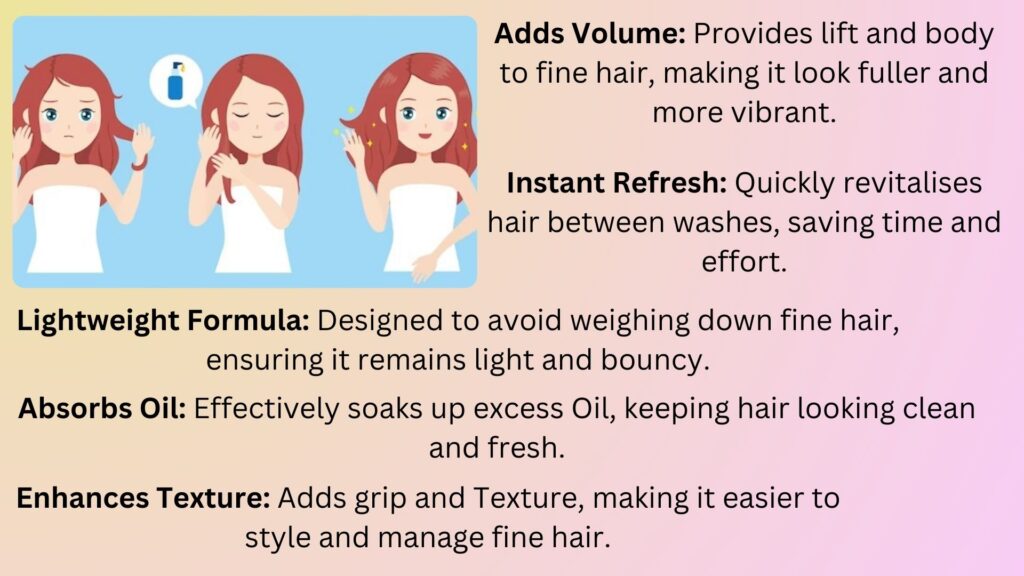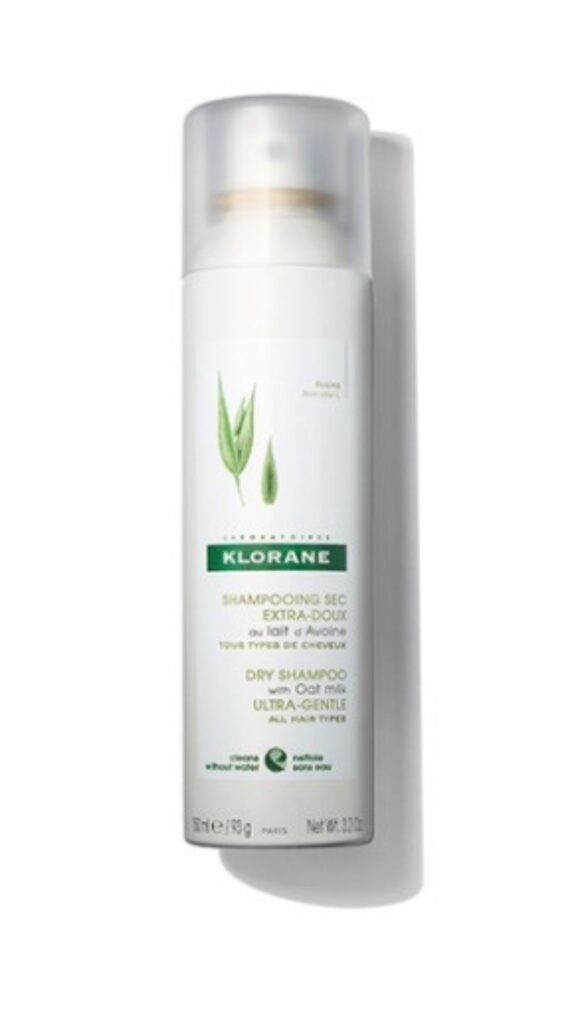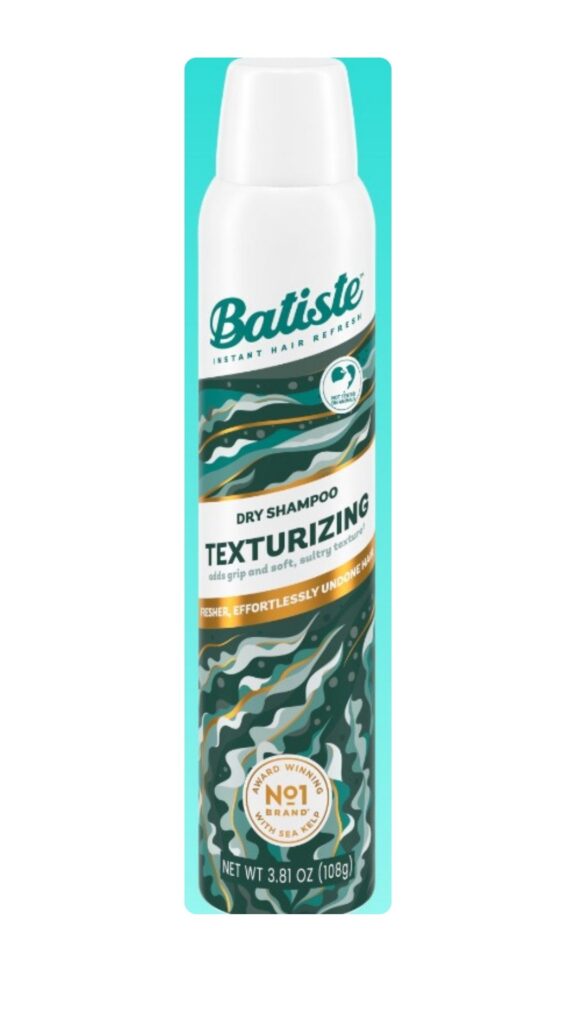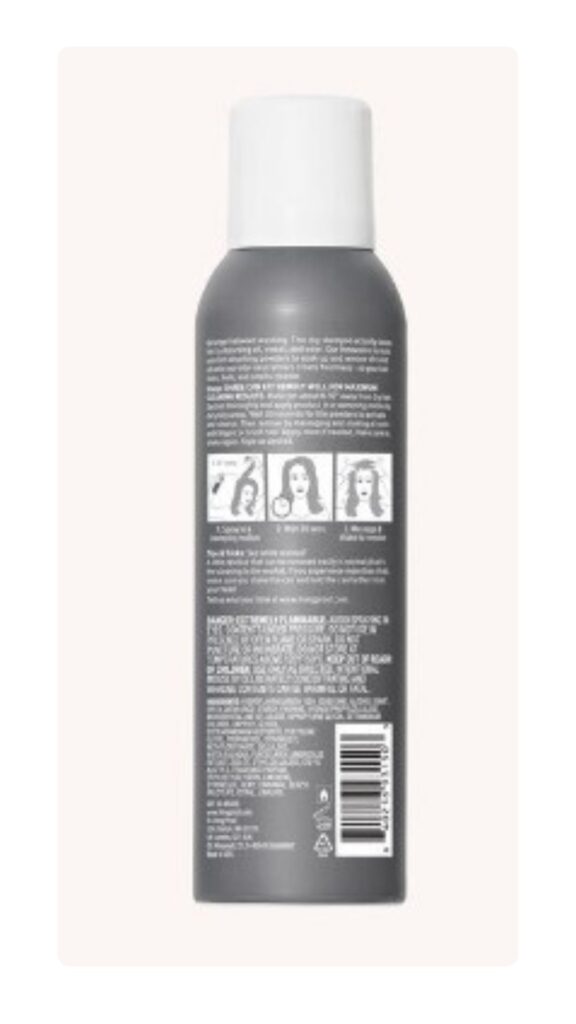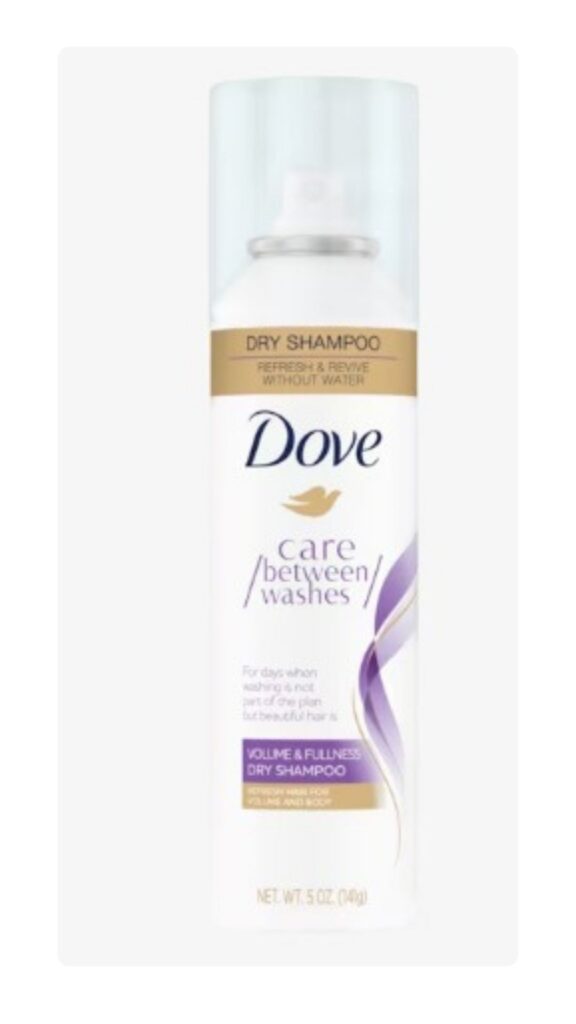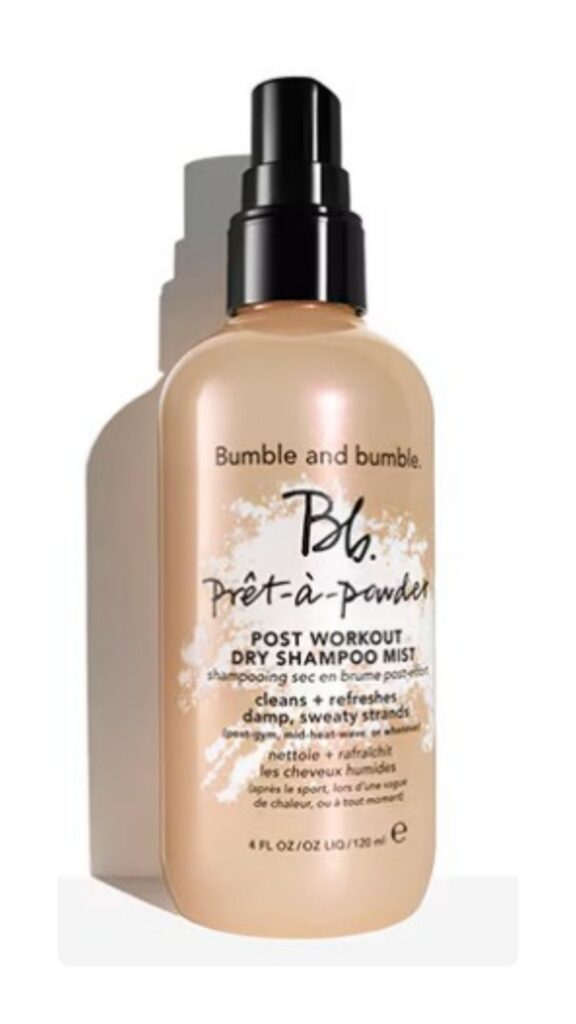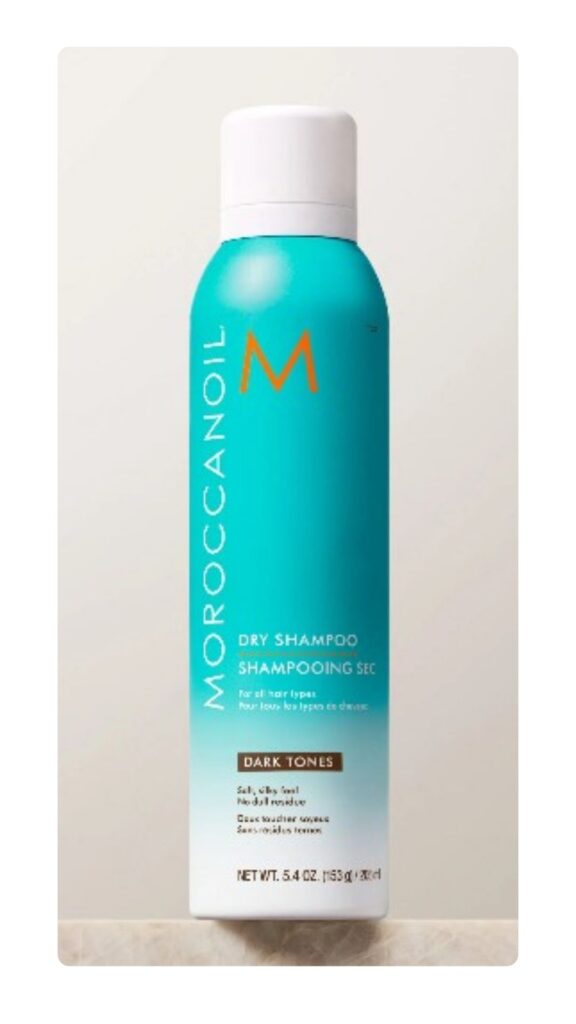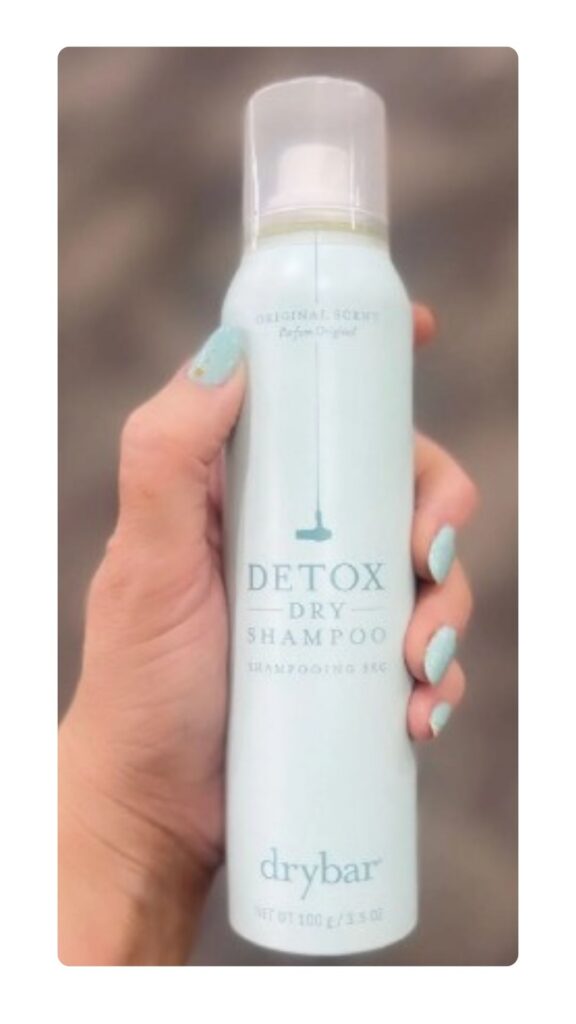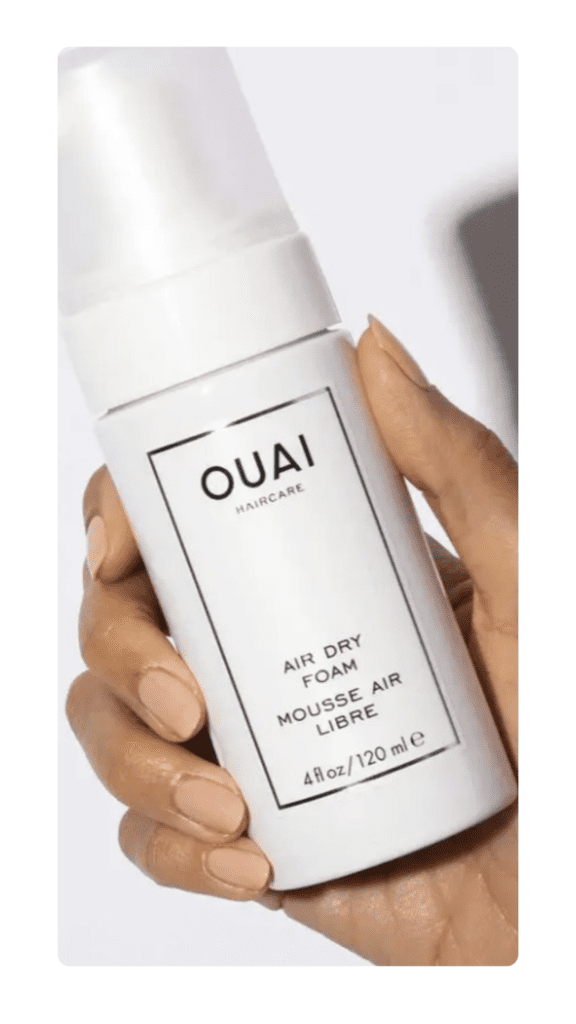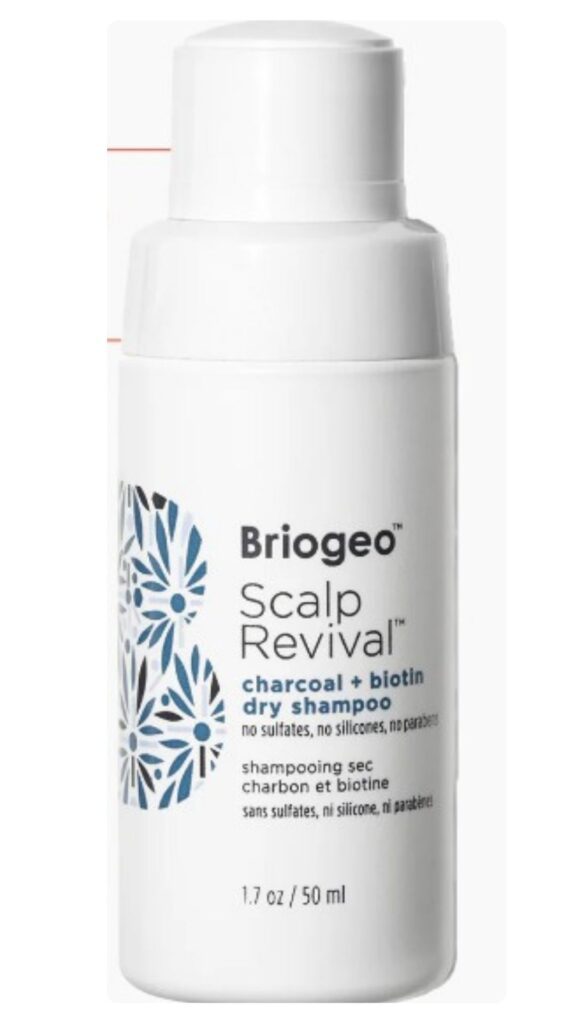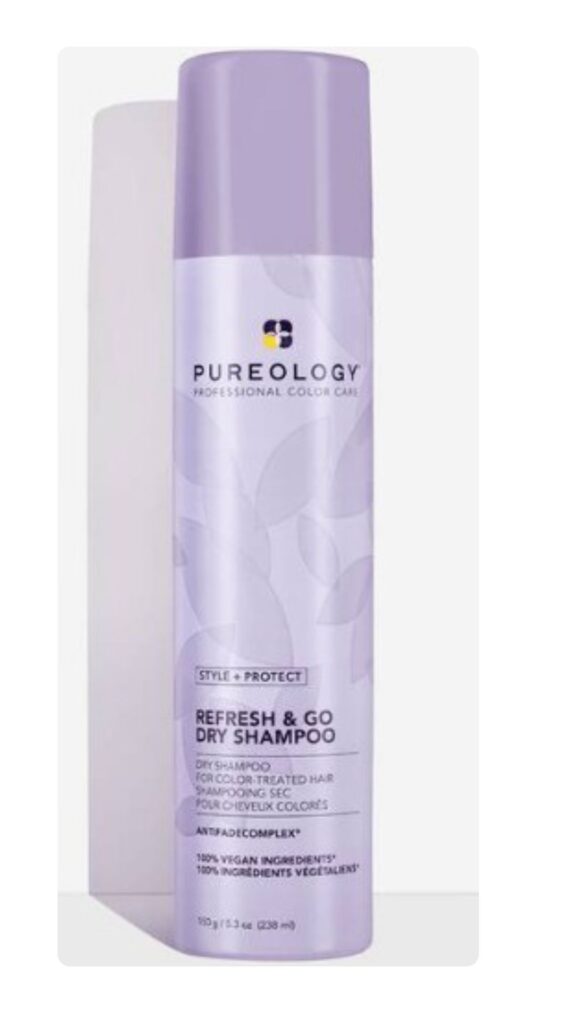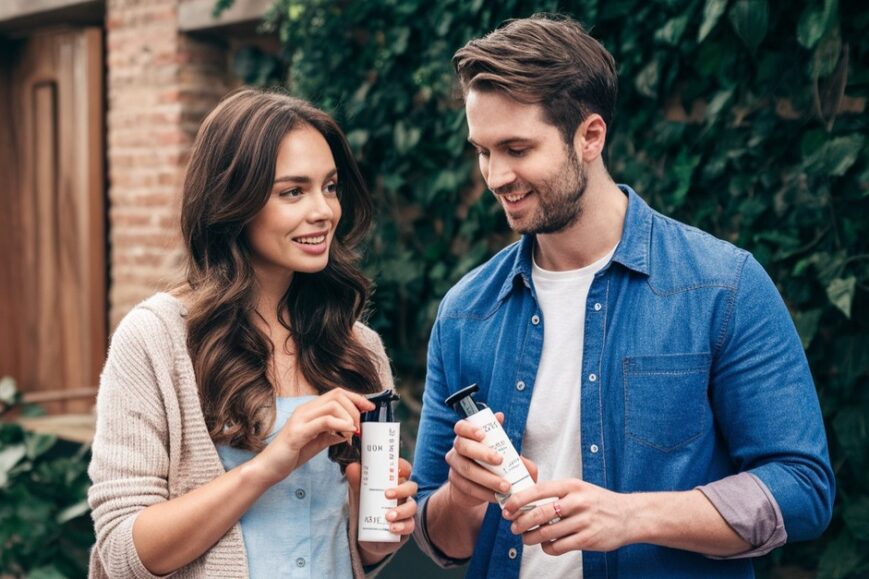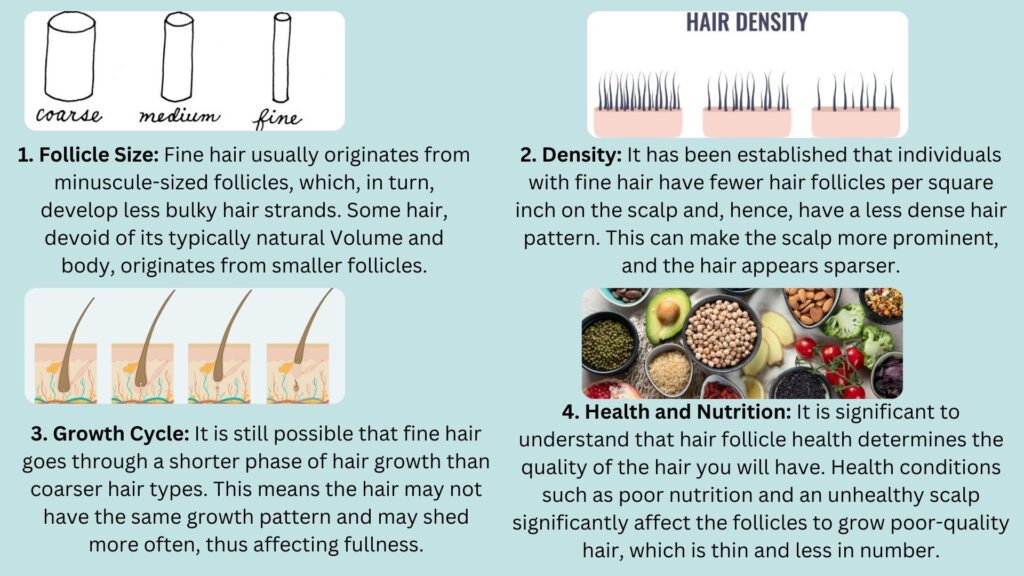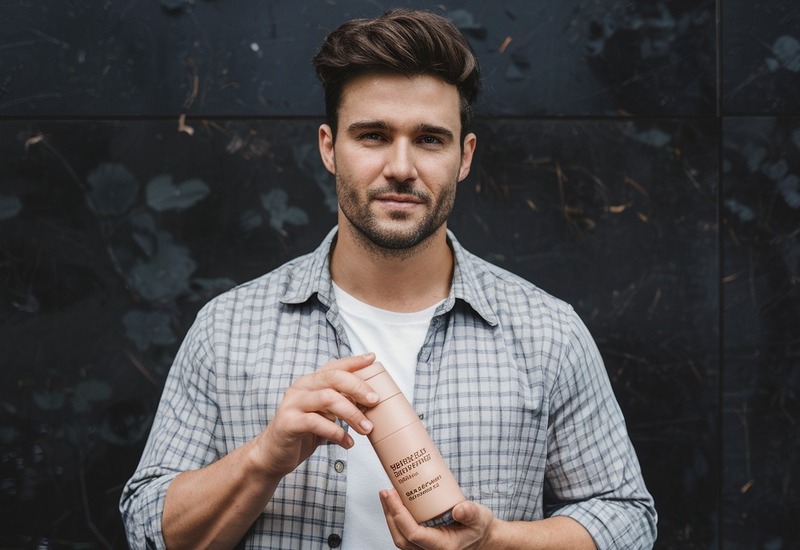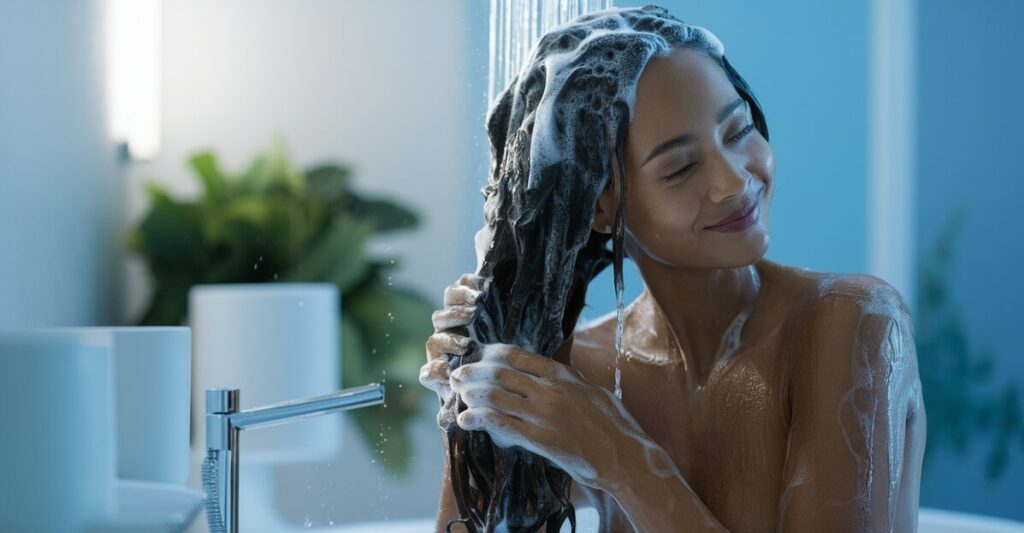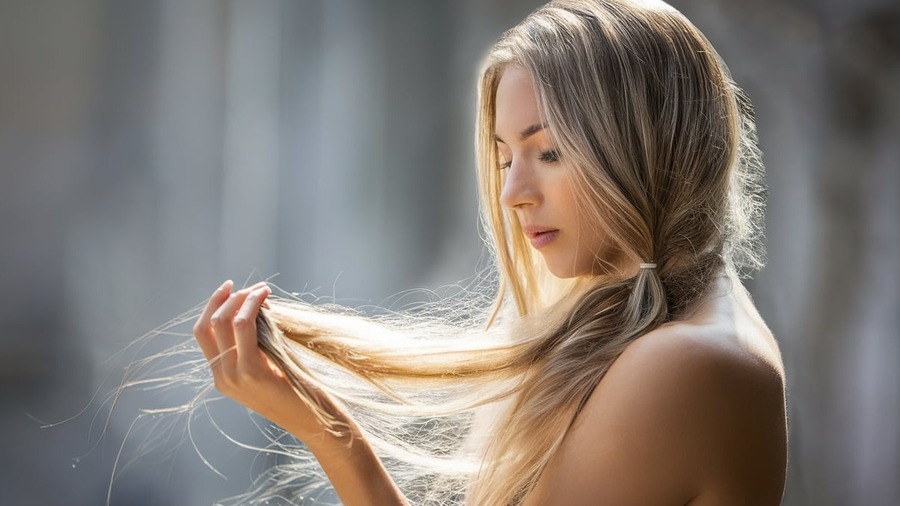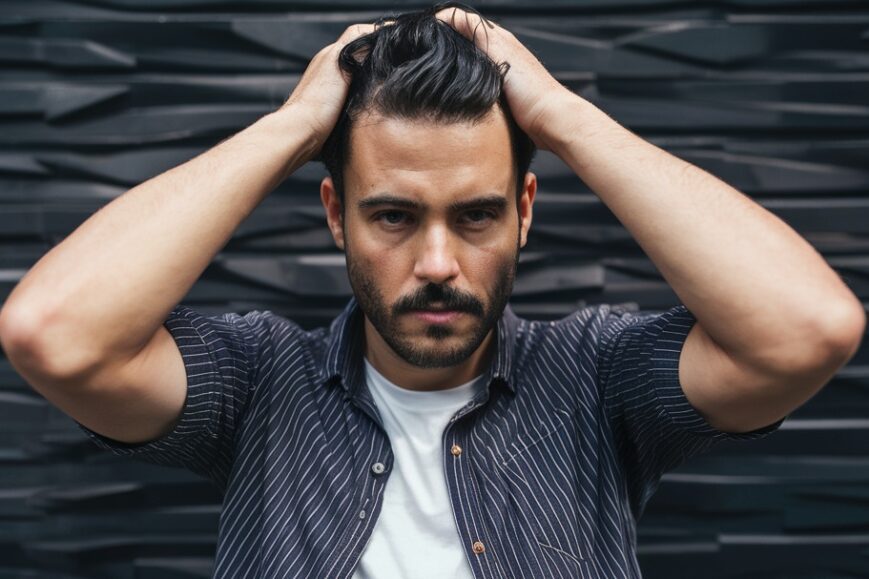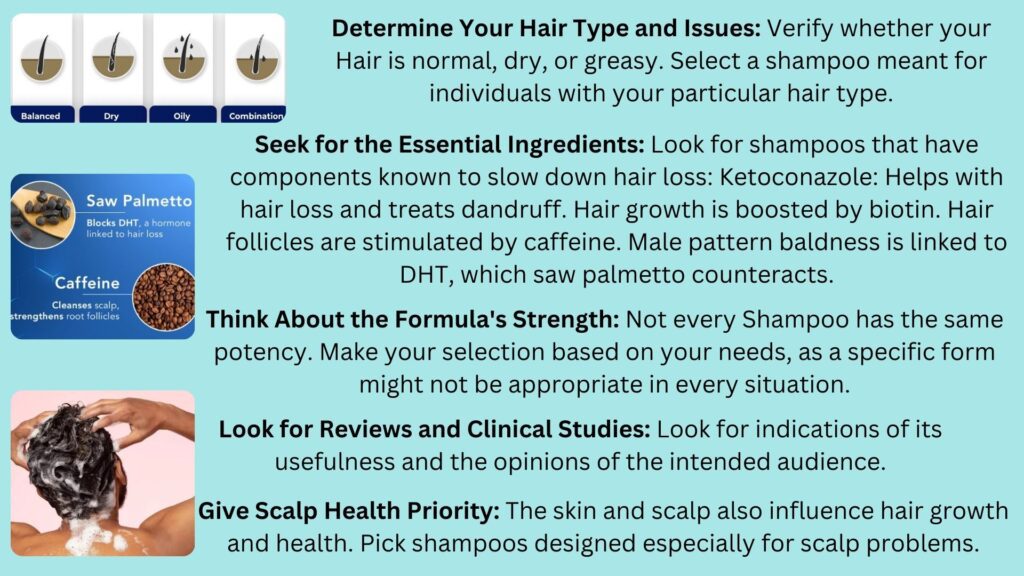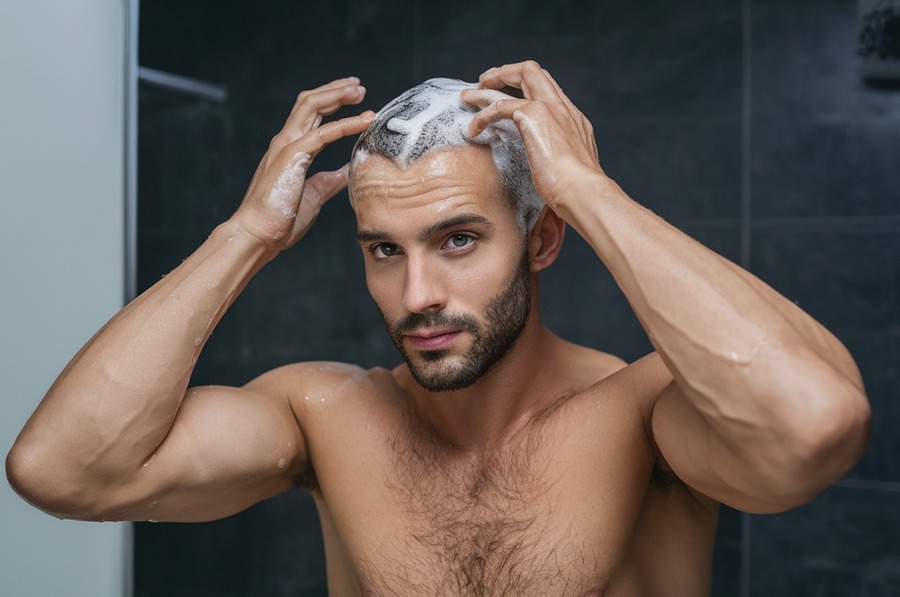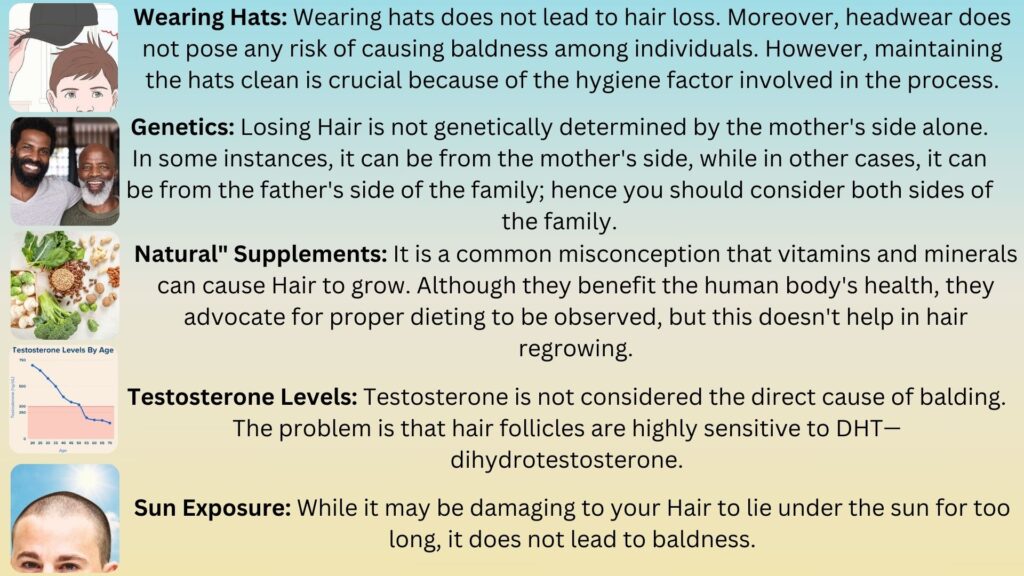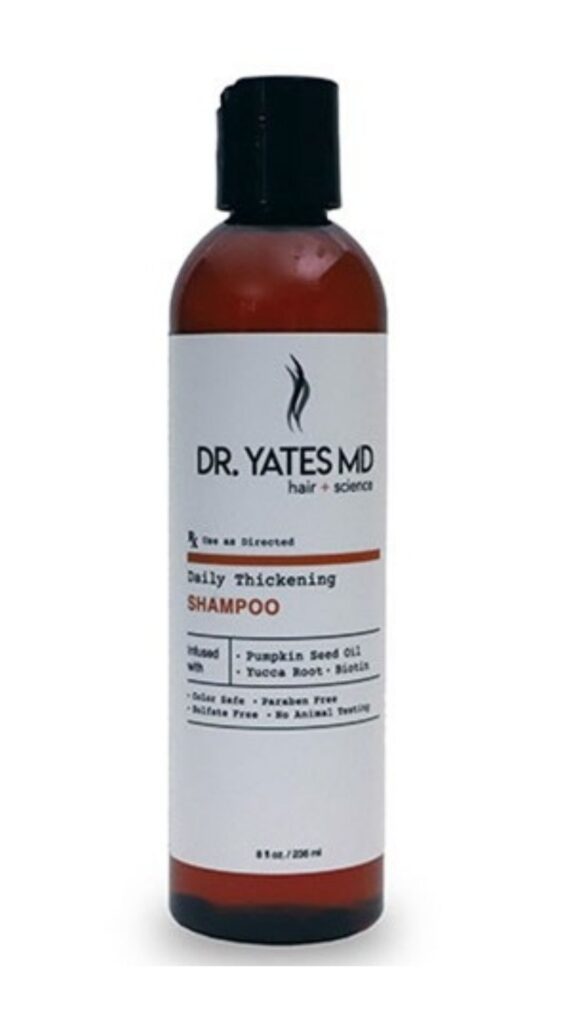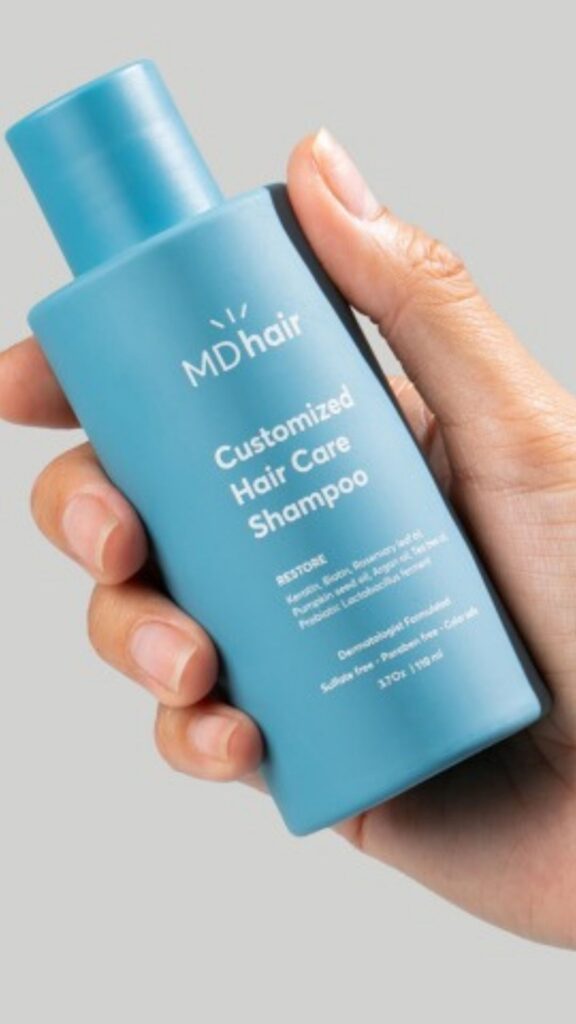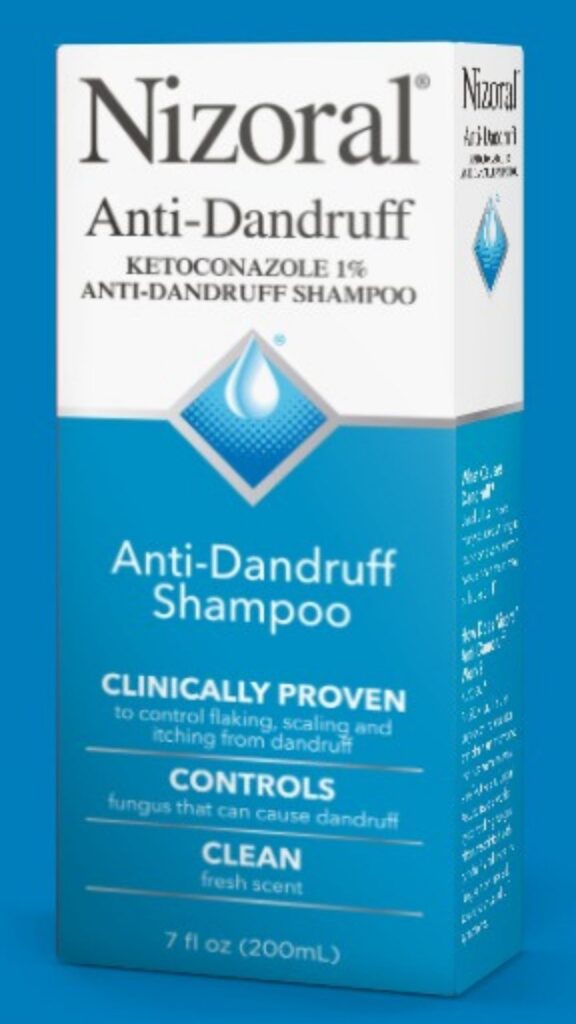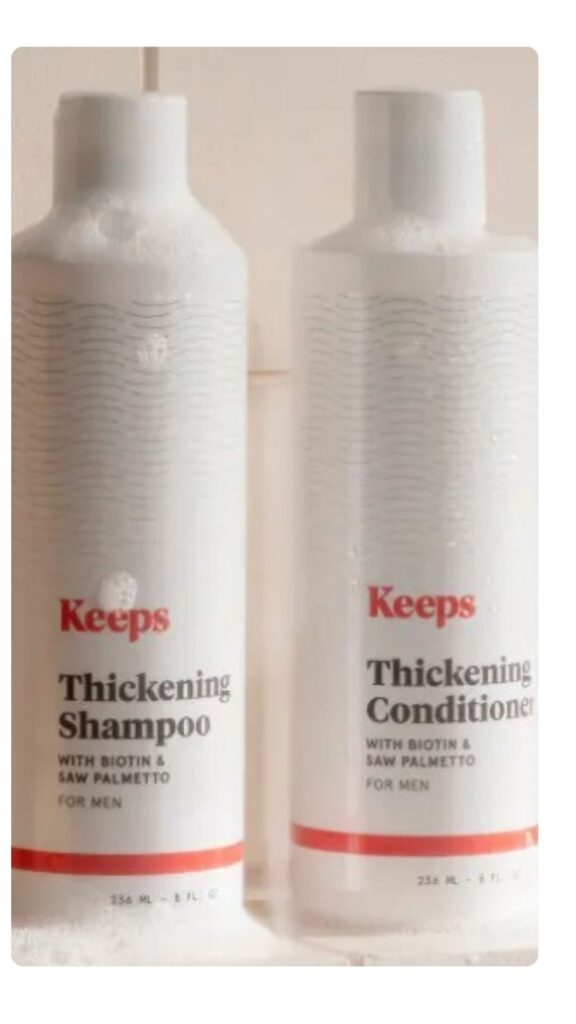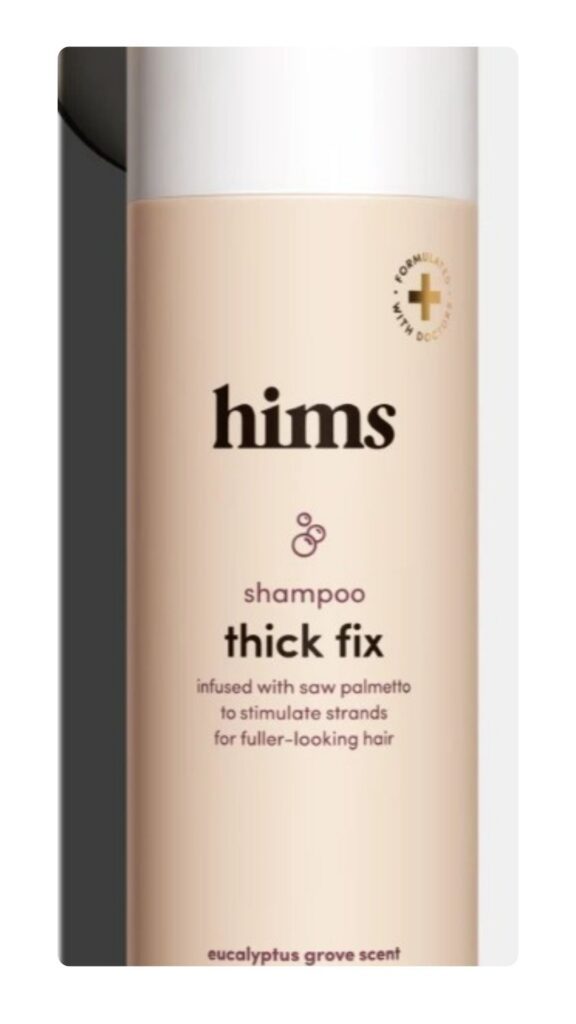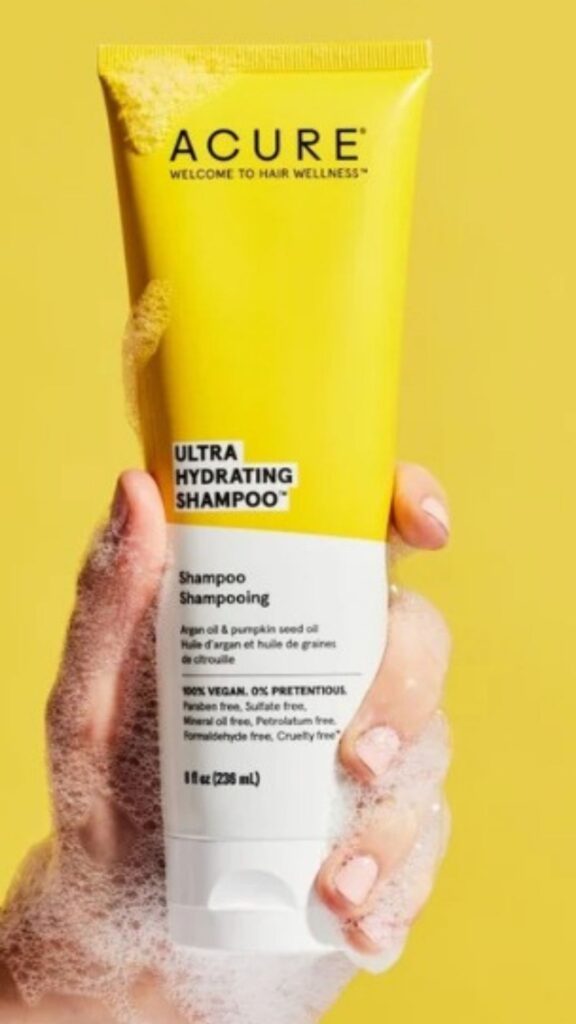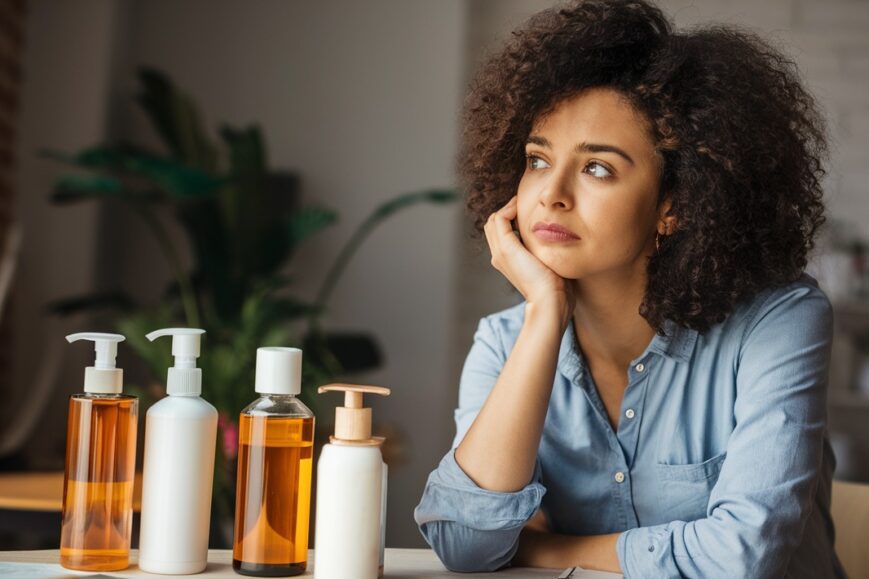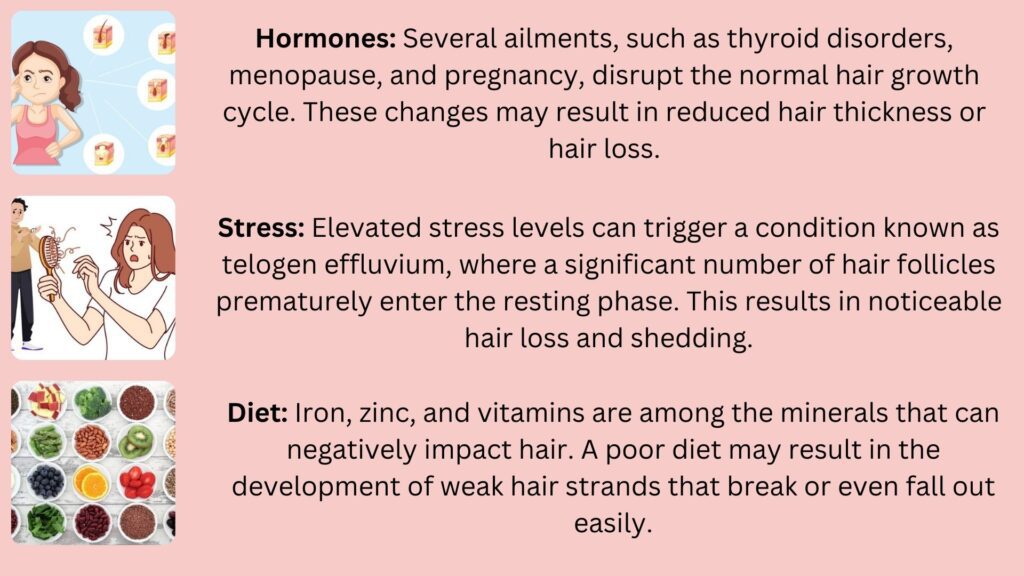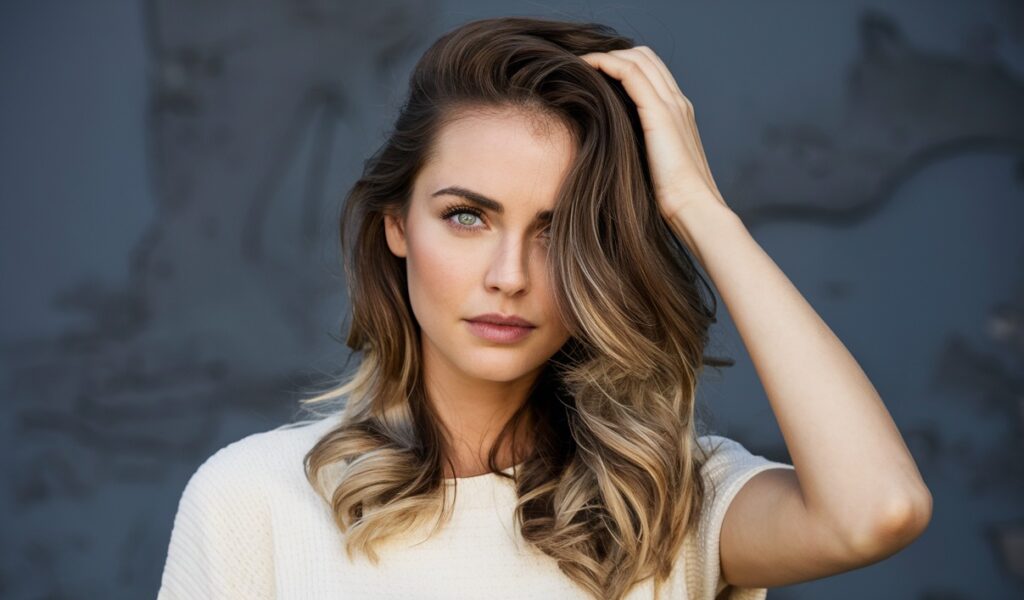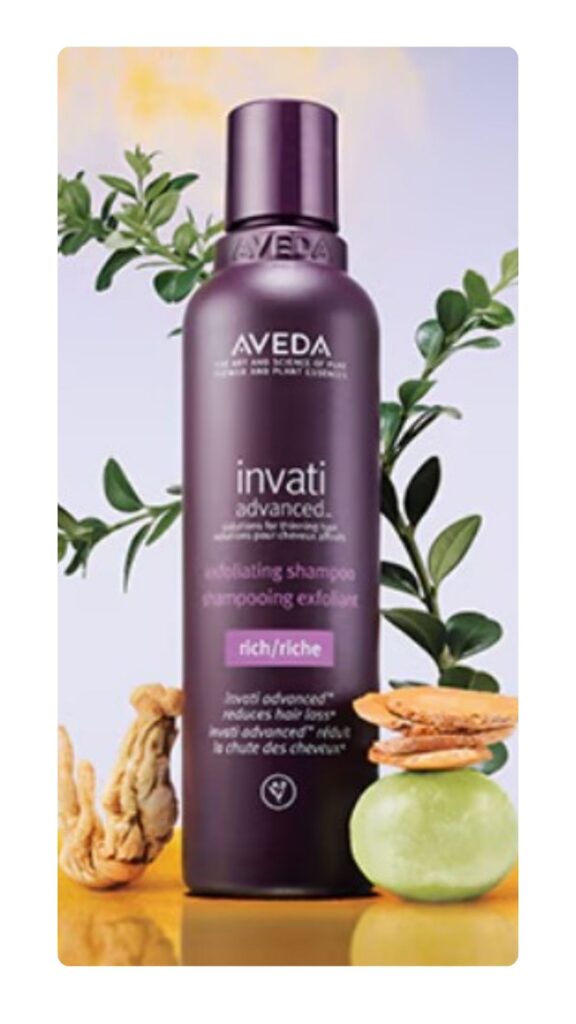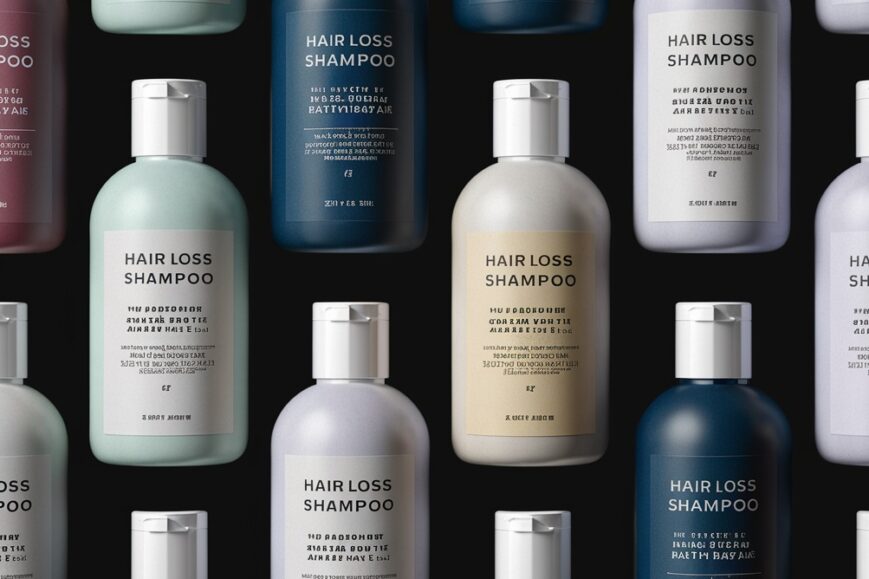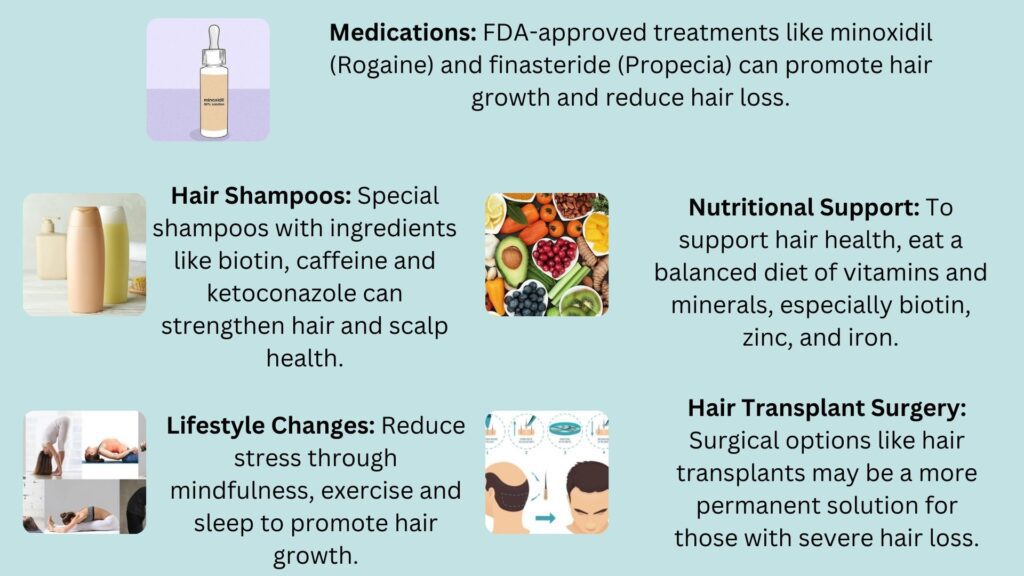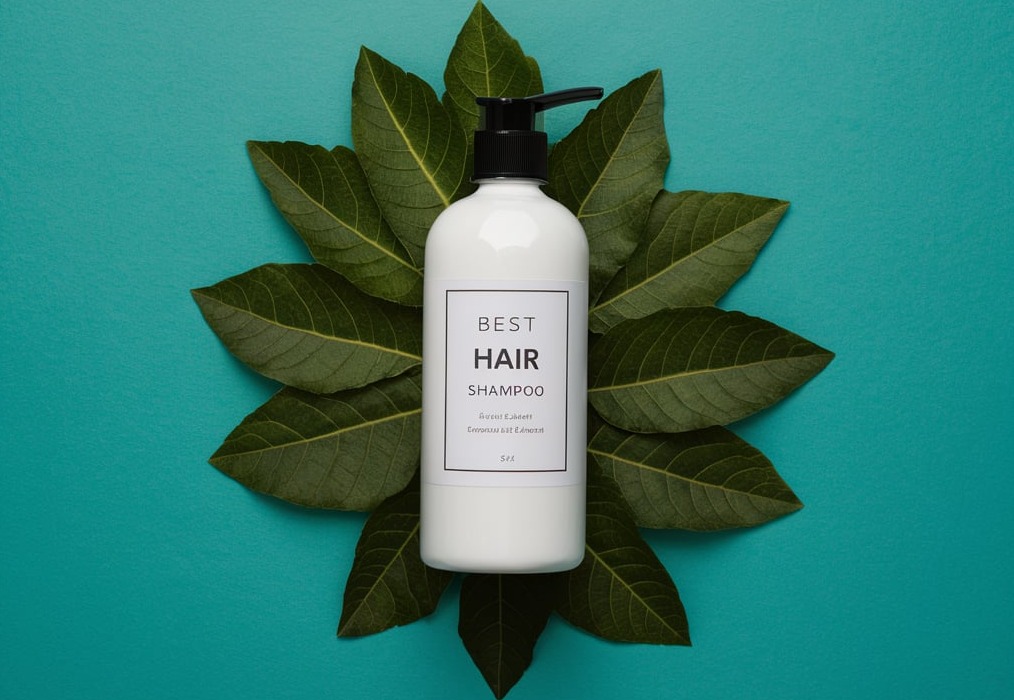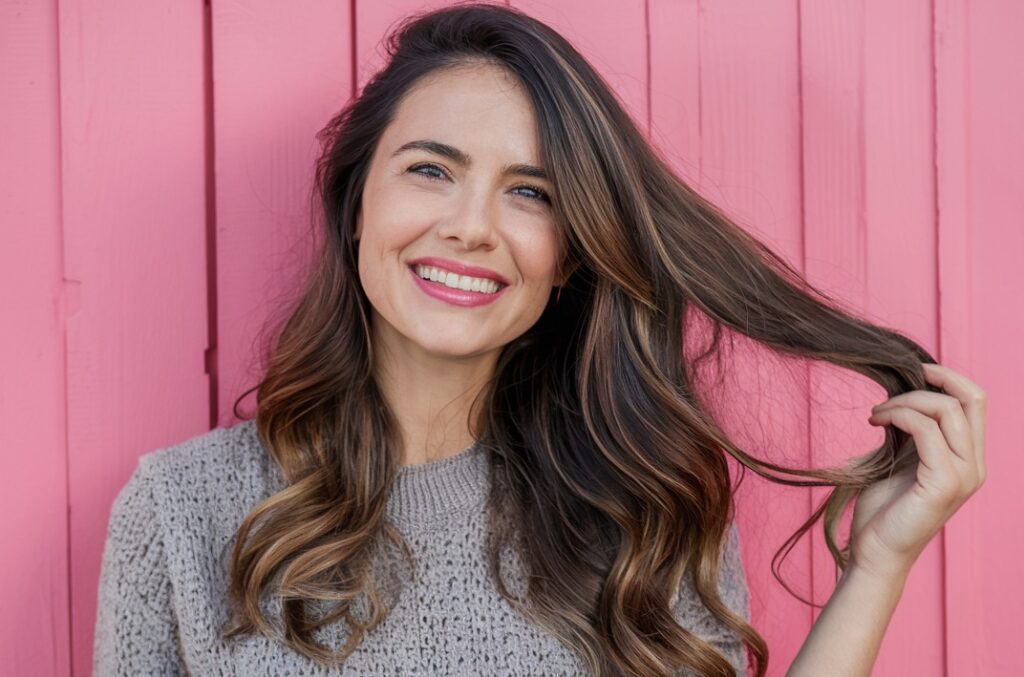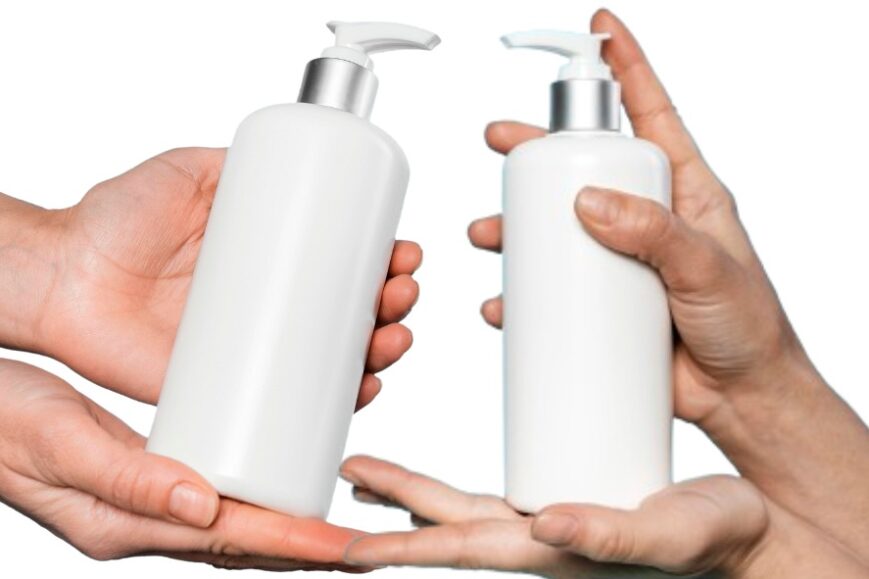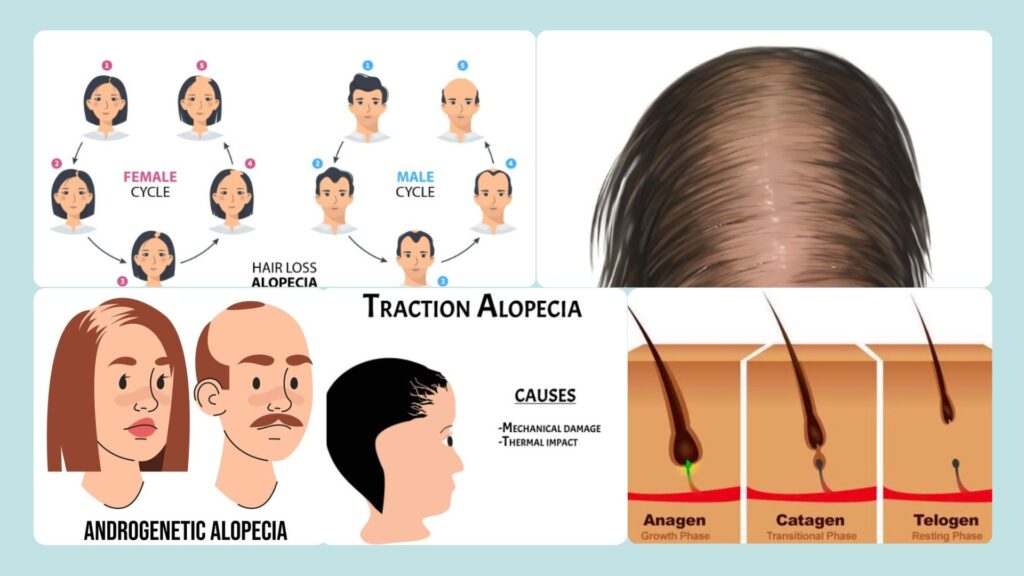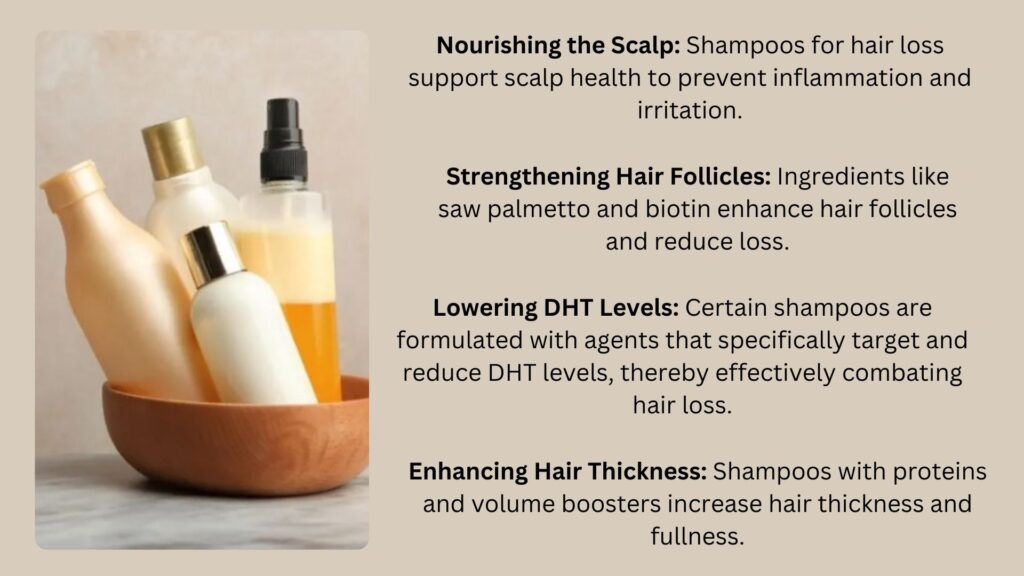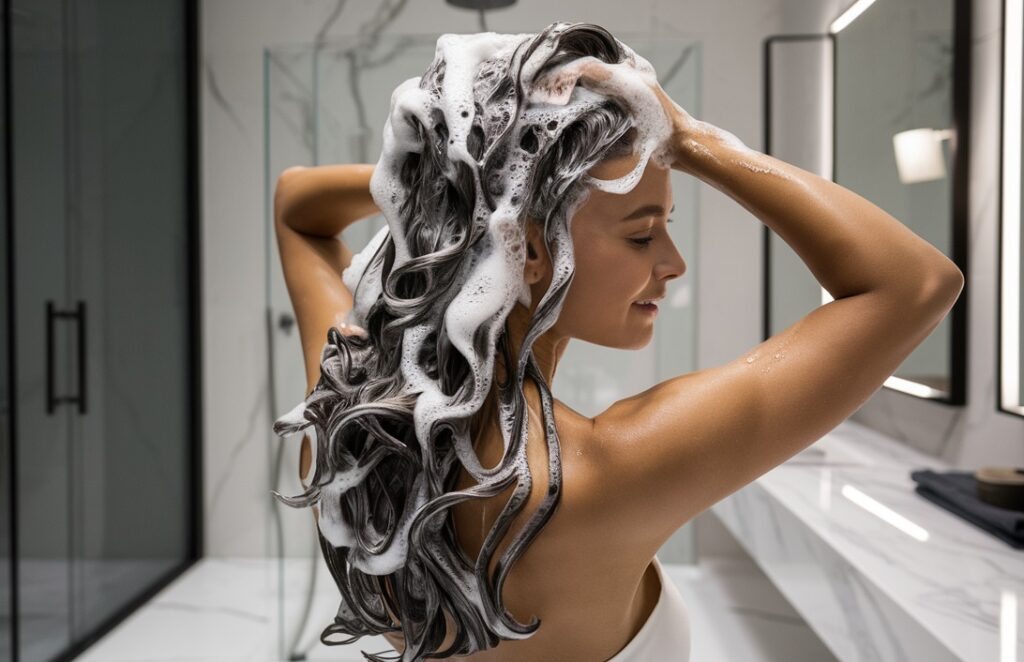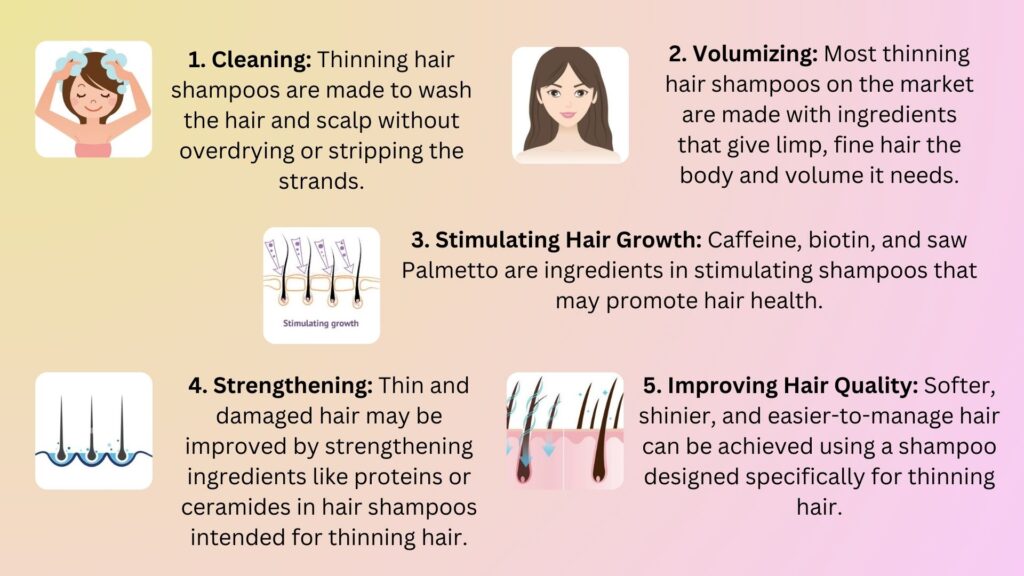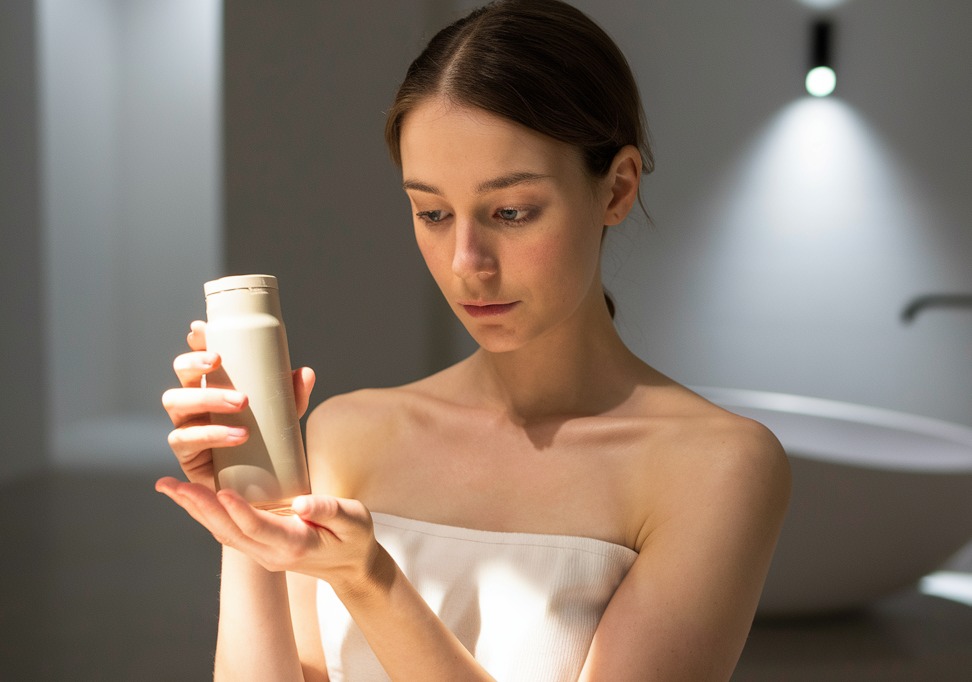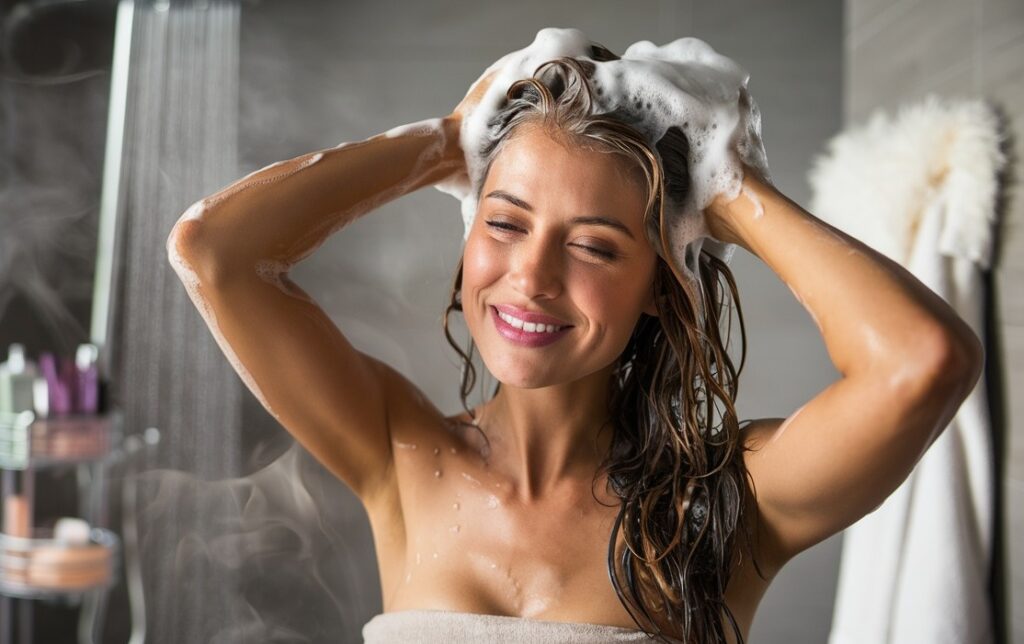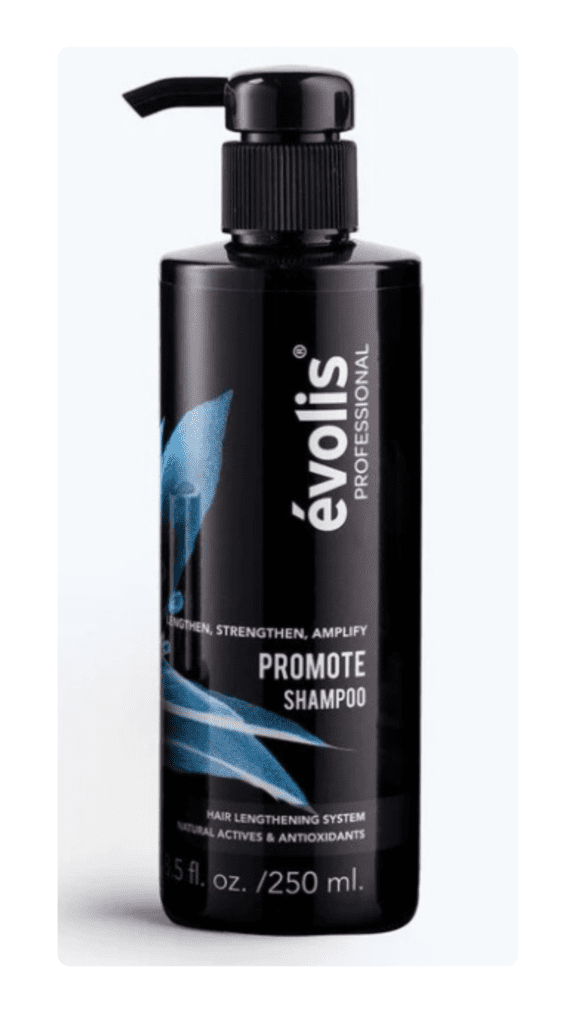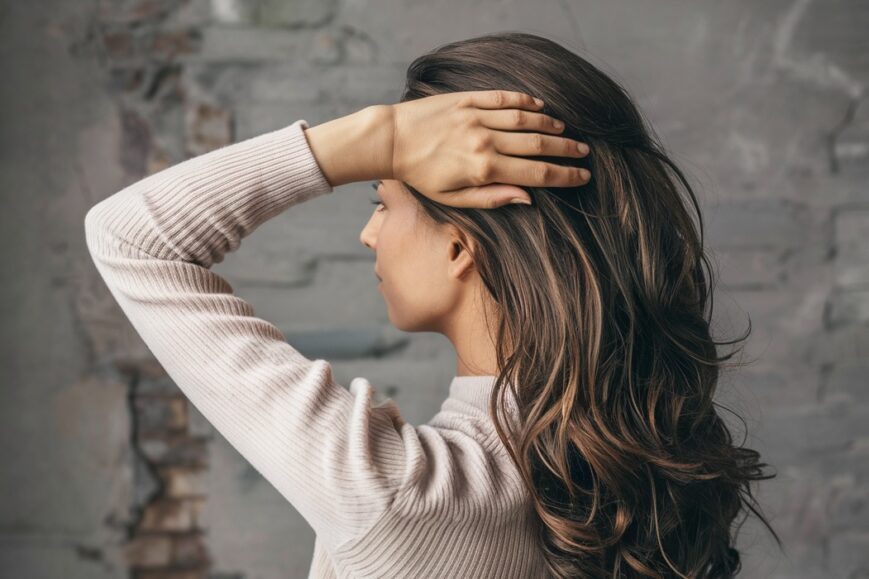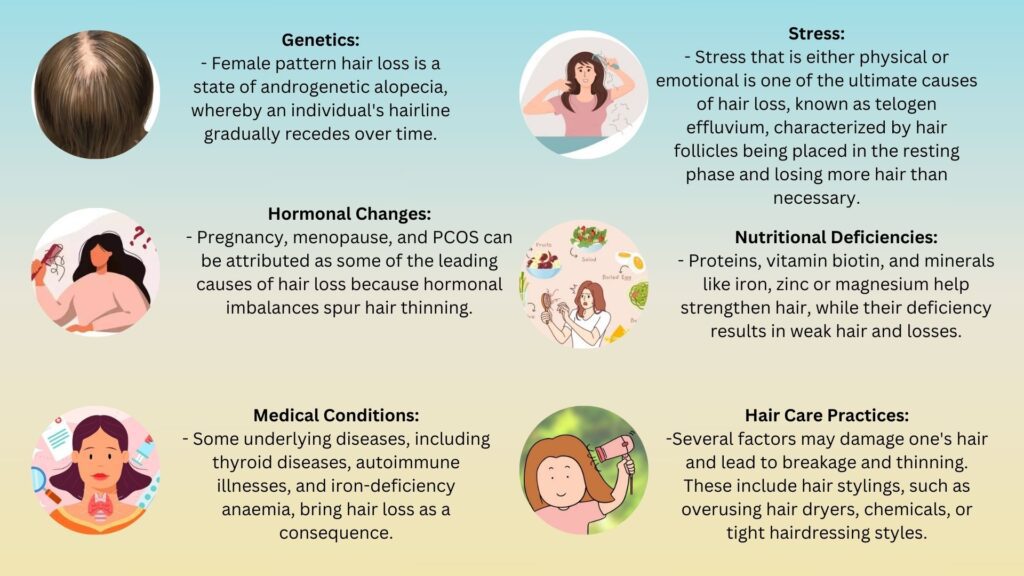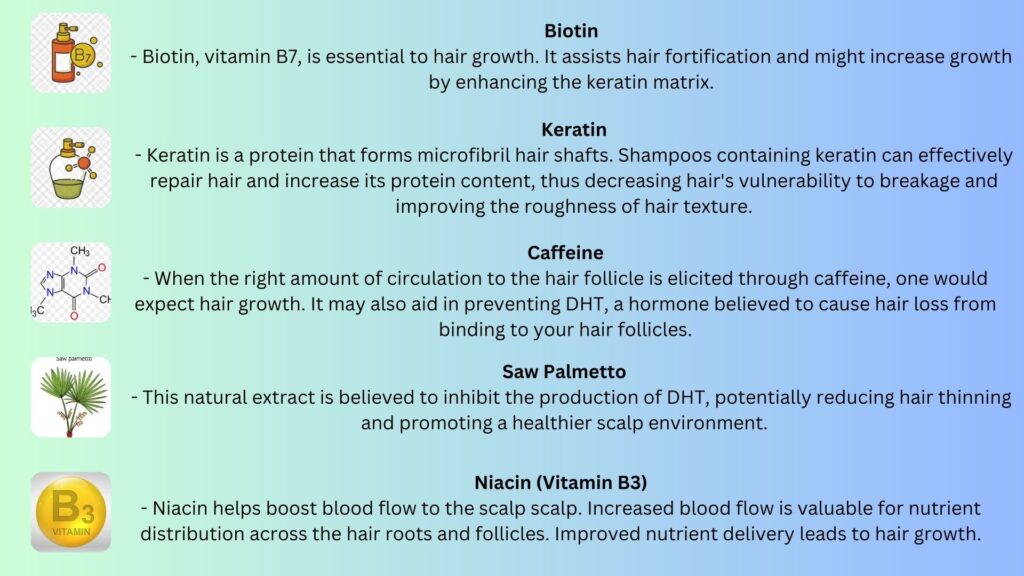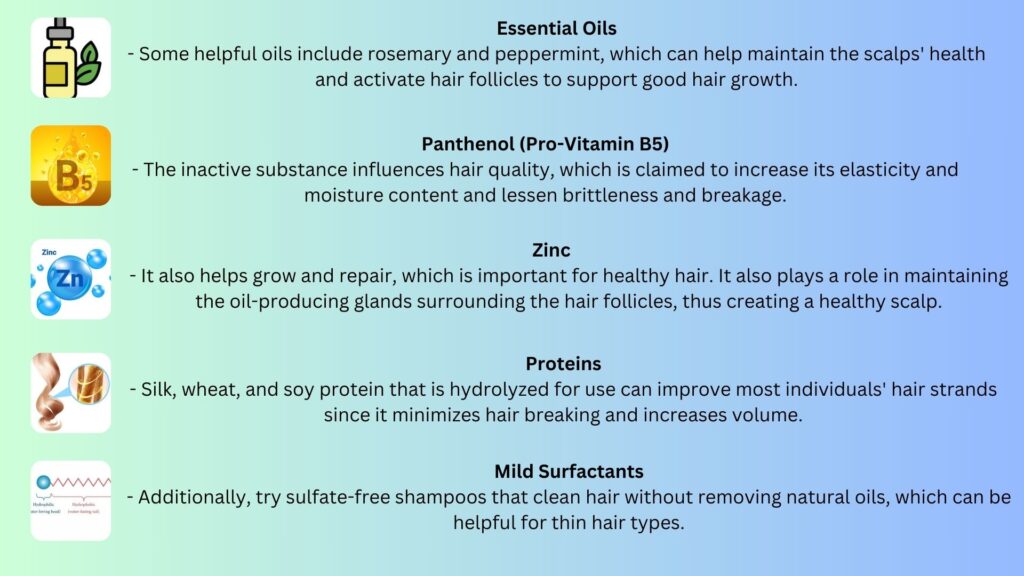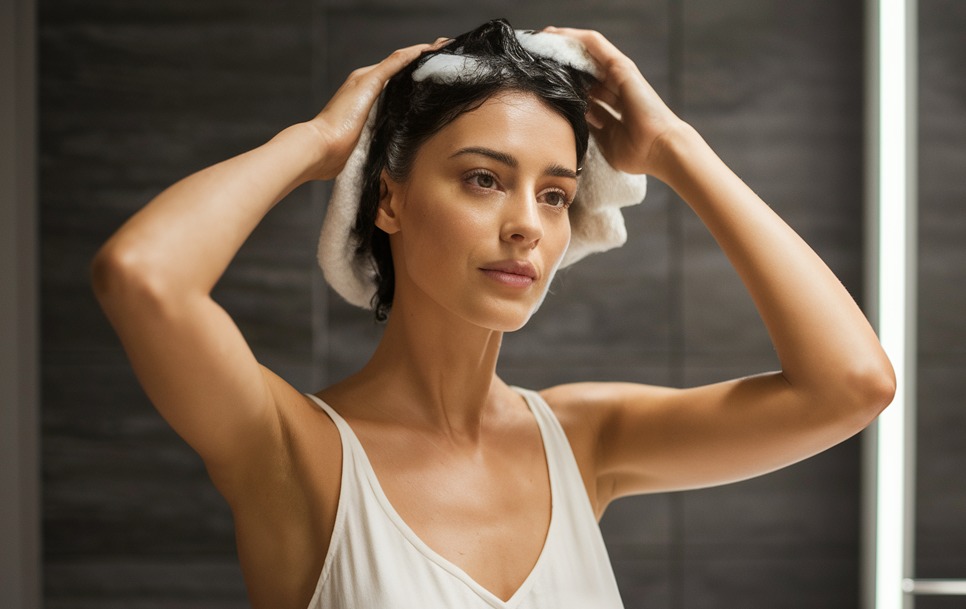Ever stood in front of the mirror and wondered, “Why doesn’t my hair look thicker?”
You’re not alone.
Most of us probably deal with thin or thinning hair, wishing our strands were fuller.
Which is where thick hair shampoo comes in. As a thick hair shampoo is intended to give body and strength to the hair, it can make a noticeable improvement. It does so by feeding the hair, increasing bulk, and preparing the scalp for new growth. Are you ready to take your hair to the next level? Now, let us explore how thick hair shampoo can assist.
What exactly is Thick Hair Shampoo?
Thick hair shampoo is designed to make the hair fuller and more buoyant.
It has all the required nutrients to make the hair voluminous and much more beautiful.
Consider it exercise for your hair—it conditions and stretches the hair shaft to deliver the full, thick hair every woman dreams of. Well, if you have Thin and Fine hair or want to volumize your hair in some manner, then thick hair shampoo can be the answer.
Why Choose Thick Hair Shampoo

Selecting thick hair shampoo can have a lot of impact when used by those with fine or thin hair types.
- Increased Volume: Thick hair shampoo is designed to give your hair more volume. It raises the levels of the strands, making them look more voluminous and thicker.
- Strengthening Properties: Some ordinary thick hair shampoos contain biotin and keratin that strengthen the hair shaft. This may help minimize breakages and encourage the growth of healthy hair.
- Nourishment for the Scalp: The scalp must be in good condition to promote hair growth. Most shampoos for thick hair contain ingredients that make the scalp healthier, promoting hair growth.
- Moisture Retention: Such shampoos usually offer conditioning without leaving hair heavy. Other additives, such as panthenol and natural oils, maintain the proper moisture balance, thus keeping hair silky and easy to manage.
- Improved Texture: This is because selecting a thick hair shampoo will improve the feel of your hair, making it silkier.
- Suitable for Daily Use: Most shampoos suitable for thick hair are mild and can be used daily to help maintain the volume and health of the hair without stripping it of its oils.
Beauty experts recommend using thick hair shampoo to boost hair volume, strength, and overall health. This shampoo provides a combination of advantages that target the difficulties of fine or thinning hair and allow you to have the full head of hair you want.
Thick Hair Shampoo Formulation: Key Components
The formulation of thick hair shampoos is essential for boosting volume and hair health. Here are some common ingredients you should look for:
Avoid harsh chemical-based shampoos, such as sulfates, as they can remove natural oils from hair and leave it lifeless.
How to Choose the Right Thick Hair Shampoo

To choose the right thick hair shampoo, consider the following vital factors:
1. dentify Your Hair Type
- First, establish if your hair type is fine, medium or thick. Thick hair shampoos are usually intended for people with fine hair or experiencing thinning on their heads.
2. Look for Key Ingredients
- Biotin: Supports hair growth and strength.
- Keratin: Helps repair and strengthen hair strands.
- Panthenol: Adds moisture and shine.
- Natural Oils: Ingredients like argan or jojoba oil nourish without weighing hair down.
3. Consider Your Scalp Health
- If you have a problem with your scalp, such as a flaky or oily one, try to find a shampoo that would solve this problem and give volume to your hair. Also, seek products with some natural calming ingredients like Aloe Vera or Tea Tree oil.
4. Check for Sulfate-Free Formulas
- Sulfates can remove natural oils from the hair, resulting in hair drying. It is advisable to use sulfate-free thick hair shampoos if you have dry hair to keep the moisture balance intact.
5. Read Reviews and Recommendations
- Try to find shampoos that claim to provide volume and thickness and which have numerous good reviews. User stories and feedback could be used to shed light on the functionality of a product.
6. Test for Allergies
- If you have sensitive skin or allergies, check the ingredient list for potential irritants. It’s always a good idea to do a patch test before fully committing to a new product.
7. Consider Your Styling Routine
- If you frequently use styling products, choose a thick hair shampoo that can effectively remove buildup while still adding volume.
8. Price and Brand Reputation
- While price isn’t always an indicator of quality, reputable brands often have a history of producing effective hair care products. Don’t hesitate to invest in a good shampoo.
Thick hair shampoo selection involves factors such as hair type and the advantages of the ingredients for the hair and scalp. With the help of these guidelines, you should be able to get a shampoo that will not only increase volume but also bring benefits to your hair.
Keep your food well-balanced and sip lots of water. A balanced diet both promotes and enhances the benefits of thickening shampoo for hair development.
Application Tips for Thick Hair Shampoo

When using thick hair shampoo, it should be applied to hair that is already wet. This aids the shampoo in lathering and ensuring that your scalp and hair are cleanse to the best of your abilities.
Even a tiny amount is enough. Use a quarter of the amount of shampoo recommended by the manufacturer. You can always add more if necessary, but using lots of them causes accumulation.
Focus on the part where you massage the shampoo into your hair using your fingertips. This is the part where oil and product residues are collected. It would help if you used your fingertips to massage circularly, creating friction and thus increasing circulation to the scalp.
Remember always to make sure you use lukewarm water while rinsing your hair. Any remaining shampoo may build up on the hair again, leading to greasy hair.
Once you have washed your hair using the shampoo, apply a light conditioner to help moisturize your hair without making it heavy. Concentrate on the mid shafts to tips.
Do not shampoo your hair daily, as this may decrease the effectiveness of the treatment. Using it every other day or every few days will help retain the hair’s natural oils while still carrying out thick hair shampoo.
Everyone’s hair is different. Experimentation with different application techniques to find what works best for your hair type and texture.
By following these application tips, you can maximize the benefits of thick hair shampoo, leading to fuller, healthier-looking hair.
Finish with a cool water rinse. It helps to close the cuticles and adds shine to your hair.
Other Things to Consider When Using Thick Hair Shampoo

By avoiding these typical mistakes, you can maximize the benefits of thick hair shampoo and achieve the desired voluminous, healthy hair.
Limit the usage of heat-styling tools to prevent damage. Excessive heat can counteract the shampoo’s thickening effects.
Conclusion
Investing in a quality thick hair shampoo is a step towards achieving your desired luscious, voluminous hair. You can effectively combat fine or thinning hair by selecting a product that suits your hair type and needs. Remember to pay attention to the ingredients, avoid common application mistakes, and maintain a consistent hair care routine for the best results. With the right thick hair shampoo, you can transform your hair from flat to fabulous, boosting your confidence and enhancing your style.
So, next time you buy hair care shampoo, remember these insights and choose a thick shampoo that will work wonders for your locks. Your hair deserves it!
FAQs
What is thick hair shampoo?
Thick hair shampoo is designed to provide body and thickness to thin or thinning hair types. It has components that assist in thickening each strand of hair to make hair look voluminous.
How does thick hair shampoo function?
Thick hair shampoo is designed to clean the hair while at the same time nourishing and adding body to it. These ingredients also aid in the thickening of the hair and help in providing the required nourishment to the hair shaft.
When should thick hair shampoo be applied?
Generally, it is recommended to wash your hair with thick shampoo every other day or several times a week, depending on your hair type and condition. Washing hair too often may cause it to lose its natural oils.
Which ingredients should be present in thick hair shampoo?
For instance, biotin, keratin, panthenol, and natural oils like argon and joba oil help nourish hair and add volume.
Is ‘thick hair shampoo’ suitable for all hair types?
Thick hair shampoo is massaged into the scalp and is targeted at those with fine or thinning hair, but it can be used by anyone who wants more volume. As such, those with very thick or highly coarse hair may require a different product type.
Is the thick hair shampoo okay for daily use?
Thick hair shampoo should not be used daily because it might cause buildup, scalp clog, and hair loss. On other days, using a mild, sulfate-free shampoo to wash your hair without stripping the natural oils or damaging strands is best.
Can I apply conditioner after taking a thick hair shampoo?
Yes, applying a light conditioner is advisable after using thick hair shampoo as the hair remains moisturized but not too heavy. It is advisable to use it towards the hair ends most of the time.
How soon does one start seeing positive effects when using this thick hair shampoo?
Some people have reported that they experience a great deal of difference not only from a single wash but even from a second wash; the volume and texture of hair, for instance, tend to improve rapidly. To get the best outcomes, consistently apply shampoo as a regular part of hair care treatment.


